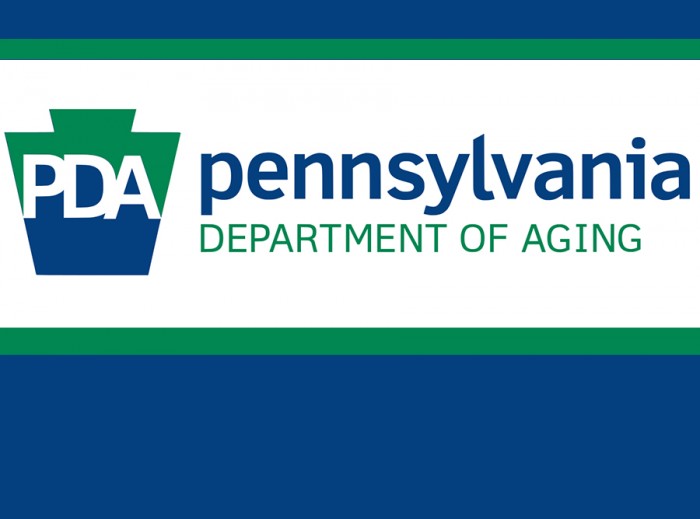The Office of Long-Term Living (OLTL) issued a Critical Incident Management Bulletin, with indications that they and the Managed Care Organizations (MCO) will be enforcing these regulations. Per OLTL:
Investigation of critical incidents and its documentation is an integral part of a Service Coordinator’s (SC) responsibilities, not a stand-alone function. During the course of quality reviews, Office of Long-Term Living’s (OLTL) Incident Management staff has found that critical incident investigations are not consistently following the established policy and procedure. OLTL wants to reinforce the following requirements found in various OLTL policy and procedure documents, which remain unchanged. Non-compliance with these requirements is subject to corrective action by OLTL.
1. Investigation of Critical Incidents
a. According to the Critical Incident Management Bulletin dated 2/23/2023, Community HealthChoices (CHC) managed care organizations (MCO) and SC must begin investigating a critical incident within 24 hours of discovery or of learning of the incident. This requirement was also indicated in the 2015 version of the document. The bulletin reinforces the onsite visit requirement for fact finding. The critical incident facts, sequence of events, interview of witnesses, and observation of the participant and/or environment is required. The onsite investigation is not the same as a comprehensive needs reassessment or assessment of need, and it must be completed regardless of participant choice. The participant reserves the right to refuse involvement in the critical incident investigation. However, the onsite visit must be completed. The Telephone Investigation referenced in the Bulletin does not replace the onsite investigation requirement, and is meant for instances when more information is necessary to complete the incident report. For example, when a protective services investigation is occurring and the SC needs to gather details to ensure mitigation measures are in place. Please note that while required to cooperate in the investigation, SCs are not required to investigate reported allegations of abuse, neglect, or exploitation, which are referred to a protective services agency. However, SCs remain responsible for ensuring participants health, safety, and welfare by means of risk mitigation and appropriate service implementation.
b. The 24-hour requirement to initiate an investigation is not to be interpreted as one business day. The only time business days apply is when submitting a critical incident report in Enterprise Incident Management (EIM), which is required within 48 hours excluding weekends and holidays. Please note that while the investigation must be initiated within 24 hours of incident discovery/learning of the incident, the CHC-MCO and SC will still have 30 calendar days to complete the investigation. It is also important to note that the onsite visit does not necessarily have to occur within 24 hours of incident discovery as long as it occurs at a time that enables ensuring the health and welfare of the participant, and within the allotted 30 calendar days or extended due date in the case where a timely EIM report extension was requested.
c. The Critical Incident Management bulletin also indicates the following:
No further action is required when the critical incident report meets all three of the following conditions:
- The facts and sequences of events are outlined with sufficient detail; and
- Preventative action through the service plan is either not required or is implemented and documented; and
- The participant is not placed at any additional risk.
Therefore, CHC-MCOs and SCs must ensure that, prior to submitting the Final Section of the incident report in EIM, the participant is aware of the critical incident, its resolution, and the measures taken to prevent recurrence. This includes determining whether a comprehensive needs reassessment or assessment of need must be conducted, based on the requirements outlined in OLTL’s policy and procedure documents. The SC must also ensure thorough documentation in the critical incident report of all actions taken to ensure participants health and welfare.
2. Notice to Participant
The Critical Incident Management Bulletin indicates that:
- The agency staff that discovered or first became aware of the critical incident is to notify the participant (and representative if requested by the participant) that a critical incident report has been filed. This notice must be provided to the participant within 24 hours and in a cognitively and linguistically accessible format. If the participant’s representative is suspected to be involved in the critical incident, the representative should not be notified.
- Within 48 hours of the conclusion of the critical incident investigation, the SC must inform the participant of the resolution and measures implemented to prevent recurrence.
CHC-MCOs and SCs must ensure the required notifications are made to the participant, and document completion within the Referrals and Notifications page in the EIM critical incident report.
OLTL encourages all CHC-MCOs and SCs to review the Critical Incident Management Bulletin to ensure all requirements are met.
If you have any questions, please contact Fady Sahhar.
















